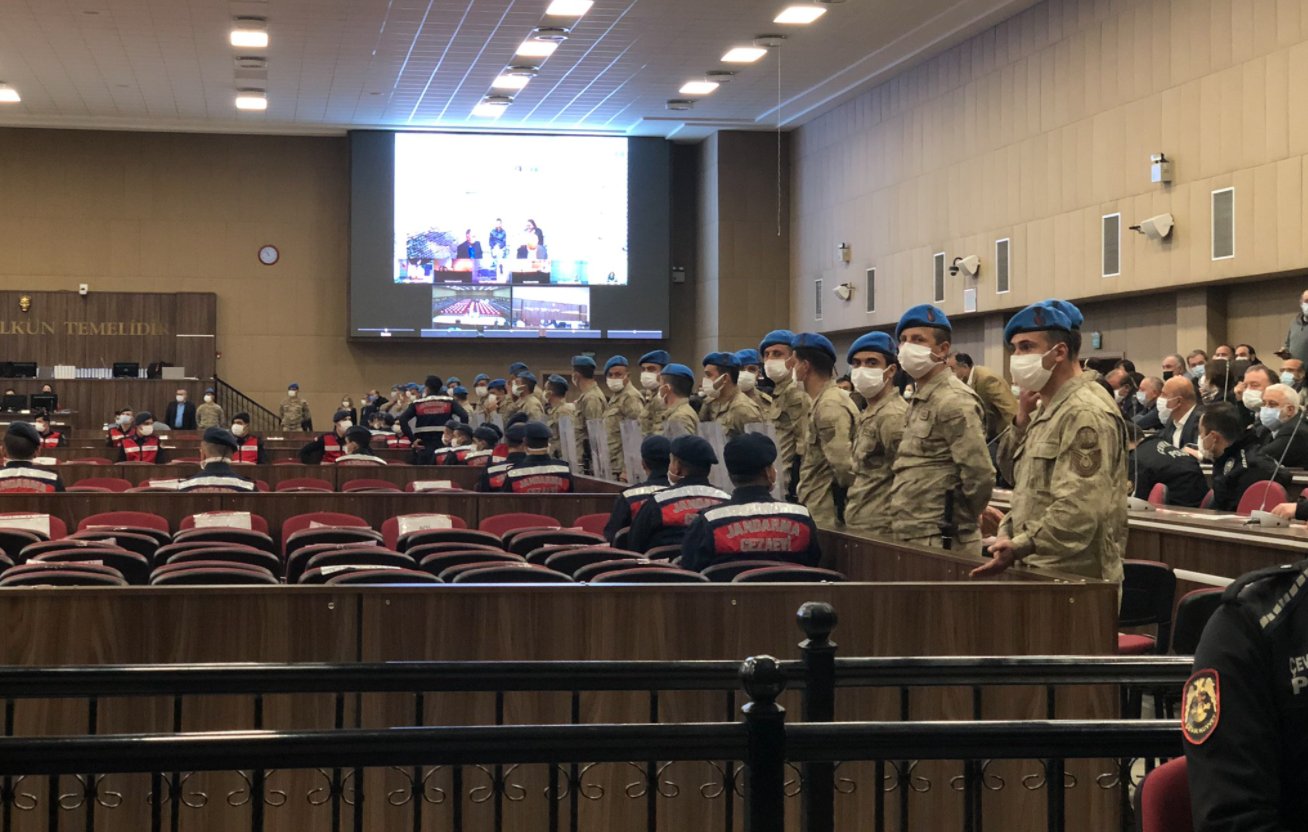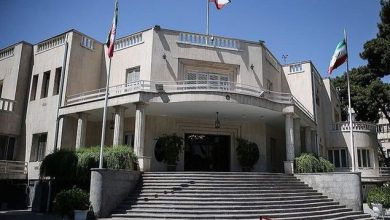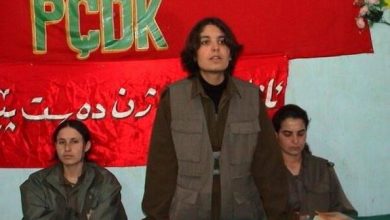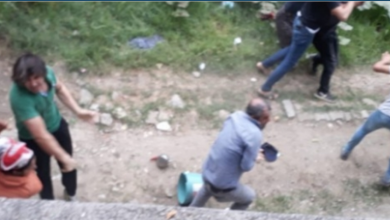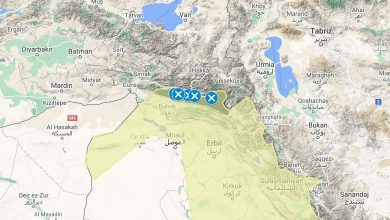Ankara: 108 politicians from the pro-Kurdish HDP – including chairman Selahattin Demirtaş – are being prosecuted for the 2014 Kobanî protests. The first day was already not exactly smooth.
The first hearing of the “Kobanî Trial” began today (April 26) at Ankara’s 22nd Heavy Criminal Court.
As many as 108 defendants from the People’s Democratic Party (HDP) are due to stand trial; of these, 28 politicians have already been arrested while awaiting trial, there are judicial control measures against 6, and arrest warrants against 75 other party members. Among the defendants are a large number of members of the pro-Kurdish HDP, as well as some PKK leaders to be sentenced in absentia.
The defendants include jailed HDP leader Selahattin Demirtaş, and several other leading HDP officials such as Figen Yüksekdağ, Sebahat Tuncel, Gültan Kışanak, Selma Irmak and Sırrı Süreyya Önder.
The defendants face 29 different charges, including attempted murder, spreading terrorist propaganda, and inciting violence against the Turkish state.
These charges all relate to the “Kobanî protests of October 6-8” in 2014. The prosecution wants the politicians jailed for more than 19,680 years – with aggravated life sentences for 38 of the accused. The case – which has been heavily criticized internationally as politically motivated – revolves around protests in October 2014 against the Turkish government’s inaction regarding Islamic State’s siege of the Syrian town of Kobani. Some 37 people were killed after the demonstrations turned violent.
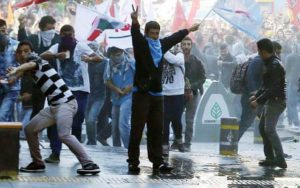
Riots broke out in Turkey following a call by the pro-Kurdish HDP party, dated Oct. 6, 2014. Source image: rudaw.net
The Kobanî protests
These Kobanî protests took place in October 2014, as the terror group Islamic State moved ever closer to the Syrian town of Kobani, just across the Turkish border. As IS conquered the countryside and invaded the city, Syrian-Kurdish militants fought the extremists in street-to-street battles.
Many ethnic Kurds in Turkey were frustrated by what they saw as the Turkish government’s inaction to help defeat IS. Groups of people waiting in the Suruç district, Urfa in southeastern Turkey, who wanted to cross the border, were stopped with pepper spray and rubber bullets by Turkish authorities. Meanwhile, some photos were published showing ISIS militias allegedly crossing the border from Turkey. The ethnic Kurds, outraged by these rumors, demanded that Turkey open the border and allow aid in.
It is noteworthy that at the time of the fighting in Kobani, the government and the imprisoned leader of the PKK were conducting peace negotiations, with politicians from the HDP appointed as mediators. However, the ceasefire between the PKK and the Turkish government collapsed in 2015, and negotiations led nowhere. Now the same mediators are accused of being PKK members, or of having acted on behalf of PKK. At the time, these mediators visited the PKK headquarters in Qandil as part of peace talks
On October 6, the HDP finally tweeted an “urgent call” for people to take to the streets and protest against IS attacks and the Turkish government’s “embargo” on Kobani. It said the situation in Kobani was critical.
HALKLARIMIZA ACİL ÇAĞRI! pic.twitter.com/lrrD2Y9qDm
— DEM Parti (@DEMGenelMerkezi) October 6, 2014
However, these protests ended in unexpected violence. The HDP, on the other hand, maintains that their call was peaceful, and that there were clearly provocateurs among the protesters. According to the 3,350-page indictment, 37 people were killed, 761 people – including hundreds of law enforcement officers – were injured, 197 schools were set on fire, 269 public buildings were damaged, 1,731 homes and businesses were looted, and 1,230 cars were rendered inoperable during these protests, and in their aftermath.
The HDP, which has since been hit hard and even threatened with closure, denies all accusations and says the case is politically motivated, and “intended to pressure and purge the Kurdish and democratic political opposition.”
The first hearing
Before the hearing began, HDP Co-Chairmen Mithat Sancar and Pervin Buldan made a statement in front of the Sincan Campus. During this press statement, the police made an announcement, demanding that the group break up on the grounds of “social distance” in the midst of a pandemic. Turkish riot police took stands between the statesmen, making the following statement by Mithat Sancar difficult to follow:
“The first hearing of the case of a political conspiracy called Kobanî trial will start soon. We wanted to get together and make a statement for the hearing, but – as you can see – they have put up a wall between us. This is yet another indication that they are afraid of the truth. They think they can drown out our voices, but they are wrong. They thought they could intimidate us in this lawsuit, but we will also show from now on that they are wrong.”
“This case is a political conspiracy. This is a quest to end the search for peace, the desire for freedom and the hope for democracy in Turkey. We will continue to fight for freedom, democracy and truth. This is also a case of political revenge. This is a case that is the product of the anger of the government that has not yet been able to deal with the defeat of ISIS in Kobanî in 2014. This is also a case of revenge that is a product of the defeats that the HDP has allowed this government to suffer. We will shatter this together.”
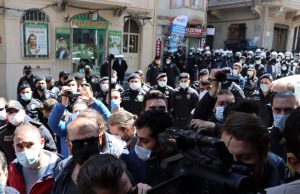
Turkish riot police made sure that HDP co-chairs’ statement to the court was unintelligible. Source image: HDP.
Things have not been smoother in the courtroom either. One of the observing organizations, the Association of Lawyers for Freedom, quickly posted a message, with the following information from the courtroom:
“They have placed riot police officers near the defendants’ seats. Their lawyers are not admitted to the hearing. As a result, our clients are not responding to the identity check conducted by the court administration with the reason that the lawyers are not admitted to the hearing.”
Progressive Lawyers Association (ÇHD) – a second acting body – also said that several lawyers were waiting outside the hall. The door of the hall is closed in the face of the lawyers.
Attending the session via an Audio-Visual system, former HDP co-chair Selahattin Demirtaş and other already arrested defendants (who could thus only attend the session from a distance) also protested the court administration by applauding and interrupting the chairman’s words.

